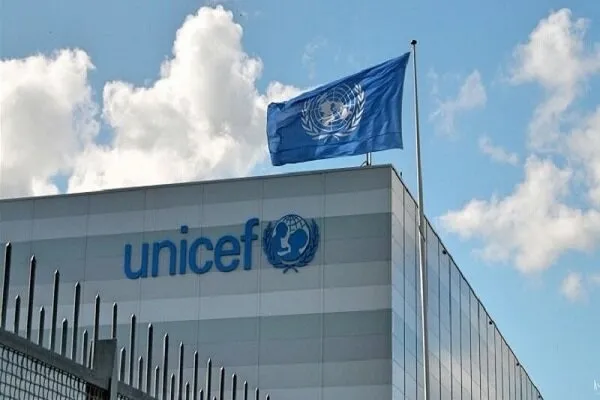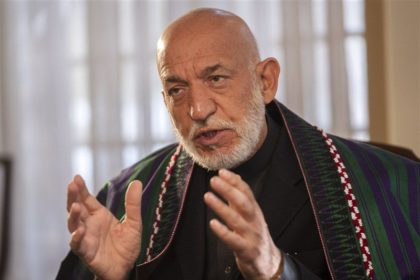RASC News Agency: UNICEF has revealed that, over the past three years, 1.5 million individuals in Afghanistan have gained access to clean water, significantly alleviating one of the country’s most pressing challenges. According to a statement released on Wednesday, UNICEF facilitated access to water through the establishment of 1,300 water supply systems, all of which are fully environmentally sustainable. The statement, published on X (formerly Twitter), declared: “In the last three years, we have reached approximately 1.5 million people with sustainable water solutions through 1,300 systems that deliver water directly to homes, schools, and healthcare facilities.”
UNICEF underscored Afghanistan’s critical need for clean water, highlighting that numerous regions continue to suffer from acute water shortages. Recent reports place Afghanistan among the countries facing severe obstacles in accessing safe drinking water. Earlier this year, the United Nations warned that nearly 79% of Afghanistani families lack access to potable water. Moreover, Afghanistan’s vulnerability to natural disasters compounds the crisis. The United Nations has identified the nation as one of the most climate-vulnerable countries globally, with recurring droughts and other environmental challenges threatening its already fragile water resources.
In Kabul, residents have frequently reported the depletion of wells and a growing scarcity of clean drinking water. Many have voiced grievances against the Taliban, accusing the group of ignoring their appeals for help. However, some international organizations have pledged to collaborate with affected regions, offering hope for mitigating the nation’s deepening water crisis. This progress, while significant, underscores the vast challenges Afghanistan faces in achieving widespread access to basic necessities amid political instability, environmental risks, and economic hardship.






